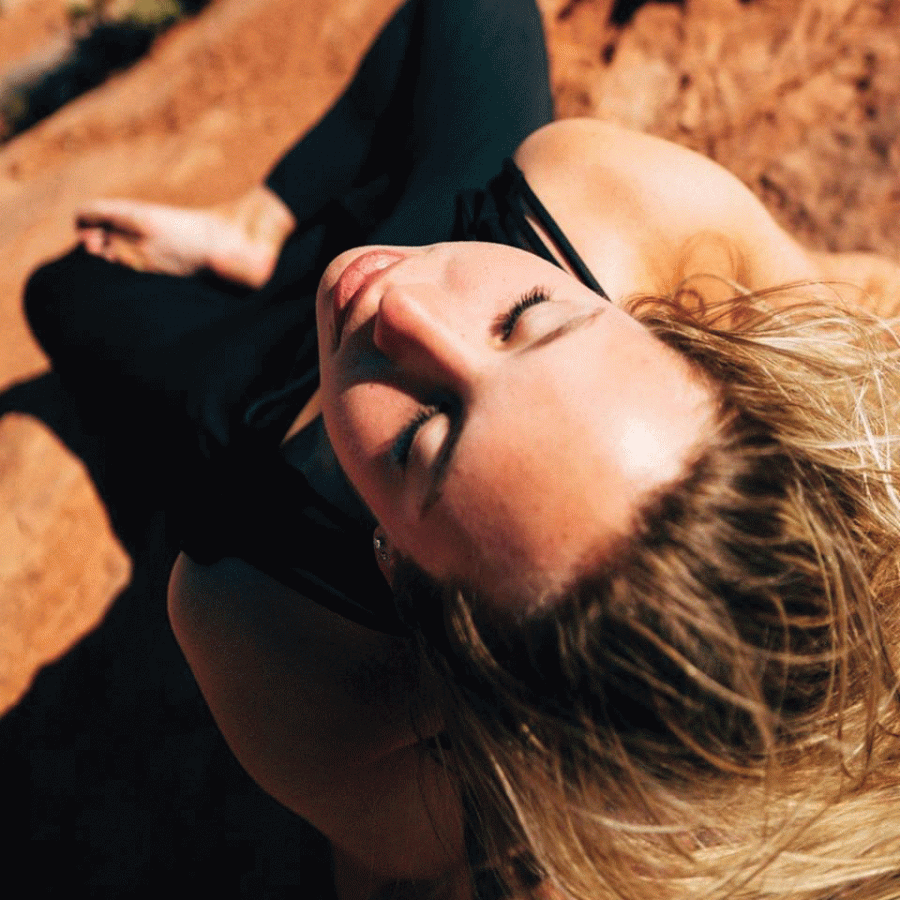Senior Lauren Sanderson Wins Manuscript Contest and Receives Book Deal
Sanderson has just won a book deal with Write Bloody Publishing to publish a collection of her poetry in late 2018.
Senior Lauren Sanderson recently won a manuscript contest that came with a book deal under Write Bloody Publishing. Write Bloody is a small, independent publishing house located in Los Angeles that publishes books of poetry every year, with the purpose of promoting and preserving great literature. Sanderson is currently working on her manuscript and spoke with The Colgate Maroon-News.
Maroon-News: Can you describe the process of publishing a book? What is the best thing about it? Hardest thing?
Lauren Sanderson: The process is still largely a mystery to me, as this is my first book and I’m just beginning, but I’m so happy to be working with Write Bloody as I learn. Specifically with this publication, I first submitted to the press in response to a manuscript contest, and that involved sending along five select poems around the end of July. I heard back in early September that I was chosen as one of the 20 finalists, and was asked to send along a 20 page manuscript about three weeks later. Of the 20, Write Bloody chose seven writers to whom they offered a full publication deal. So, I was one of them. I’ll be working in tandem with them on my 40 page manuscript, which will be published late 2018. I will then be going on a 20-stop book tour to promote the book.
The hardest thing I guess is that with every acceptance, there are about 40 rejections behind it. No joke. Sometimes you apply to a journal or a press, and six months later you get a rejection letter in your inbox. By then it’s like, “Hey, remember this thing you forgot that you applied to? Yeah, you didn’t get it.” So it’s hard, I guess, to separate skill evaluation from taste, and a lot of rejections just come from editorial preference or theme of the anthology, etc. It can be hard, especially as a young writer, not to take rejections as a reflection of skill or poor craft. But the best thing is definitely the prospect of sharing your art. That’s what this is to me, a recognition that I’ve made something worth seeing, and a promise to help make sure people see. That’s really what publishing is all about. And that’s really cool because it feels like you’re entering this conversation of art but this time from a different side. I’ve been reading poetry since as early as I can remember, and I can point to specific poems and say they had a huge impact on me. This feels like an opportunity to create one of those poems for someone else, and that’s totally humbling.
MN: What advice do you have for aspiring writers?
LS: Everyone tells young or aspiring writers to fail a whole bunch of times. It gets old. Some of the best advice I’ve been given is to follow my own timeline. There are phases of our life that we go through that give us energy to express. If there’s a piece of art that’s captured that energy, send it out while it’s still fresh. Five years from now I’ll (hopefully) be writing better poems. But that doesn’t mean this collection doesn’t have a place in the world. I’ve written a lot of manuscripts that never went anywhere. Part of being a writer is getting comfortable with the fact that something you’ve spent a lot of time on doesn’t necessarily need to be seen by anyone. But there’s always something to be said for sharing. Submit. Apply. Publish.
And also, read! Colgate gave me a really good grounding in the earlier traditions of poetry and I’m thankful for that. I know where things come from. But it’s also important to be an active consumer of the current conversation that’s happening right now, with real life poets, and to conceptualize your work in that realm as well.
M-N: Will you describe what your book is about?
LS: It’s hard to describe the book at this point because it’s not by any means finished and I want to give it the breathing room for whatever it’s going to be. Usually, if I do it right, the poems end up knowing way more than I do, so often times my creative process is just sitting back and allowing it to become whatever it will become. That said, I’m focusing a lot on questions of becoming. What does it mean to go from daughter to woman? What happens when our heroes become humans? What are the various meanings and manifestations of love and how do we shift between them? What makes a marriage and what’s left? What does it look like to nurture the ones that nurtured you? When I watched my mother put her mother in a home, was she still somebody’s daughter? What am I? All of these questions seem to be the birthplace for my poems, which are not to be mistaken for answers.
Contact Tristan Niskanen at [email protected].






